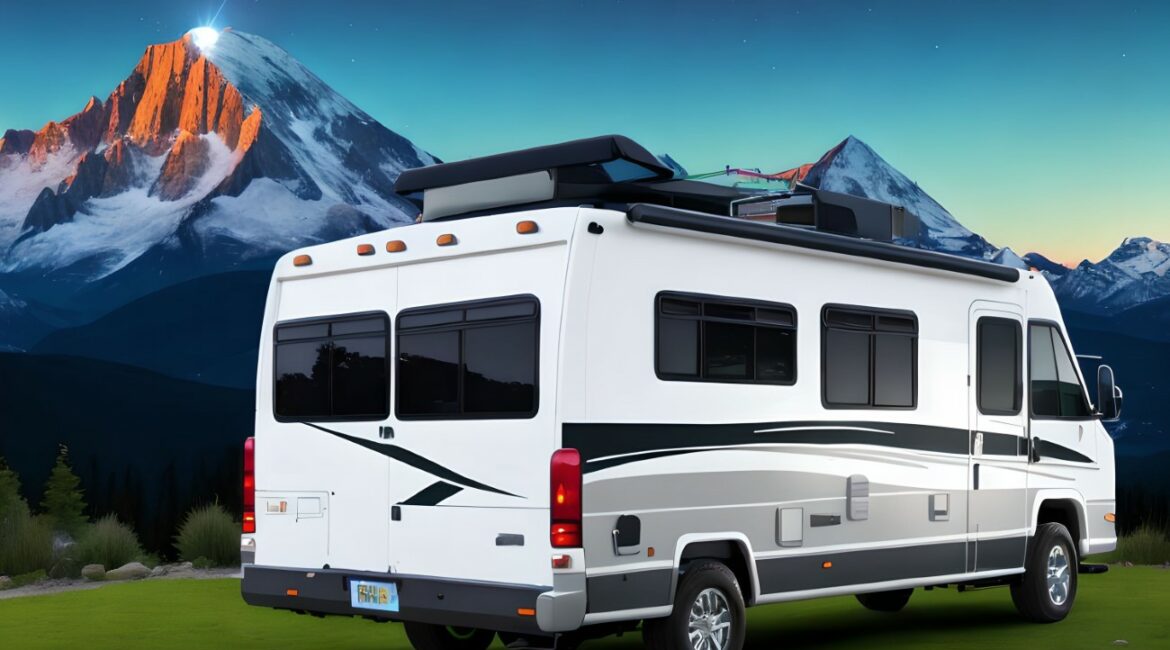Are you ready to power up your RV adventure? Choosing the right generator is a crucial decision for any RV owner. Whether you’re a full-time RVer or a weekend warrior, a reliable generator ensures you have electricity wherever you roam. In this ultimate buyer’s guide, we’ll walk you through everything you need to know to make the best choice for your RV power needs.
1. Determine Your Power Needs
Before diving into generator options, assess your power requirements. Consider the appliances and electronics you plan to use in your RV. Make a list of essential items like air conditioning, refrigerators, and microwaves, along with smaller devices like laptops and phones. Calculate the total wattage needed to run these items simultaneously; this will help you determine the generator’s size.
2. Types of RV Generators
RV generators come in two primary types: portable and built-in (also known as onboard or integrated). Portable generators are versatile and can be used for various purposes, while built-in generators are permanently installed in your RV. Choose the type that best suits your travel style and space availability.
3. Fuel Source
Generators can run on various fuels, including gasoline, propane, and diesel. Consider which fuel source aligns with your preferences and availability. Propane is a popular choice for its clean-burning nature and convenience, as many RVs already have propane systems in place.
4. Inverter vs. Conventional Generators
Inverter generators provide clean and stable power, making them ideal for sensitive electronics. Conventional generators are more budget-friendly but may produce power with slight fluctuations. Decide which type is suitable for your specific needs and budget.
5. Noise Level
RVing is all about enjoying the great outdoors, so generator noise can be a significant factor. Look for generators with lower decibel ratings, as these will operate more quietly. Some RV generators even have eco-mode settings that adjust noise levels based on power demands.
6. Consider Remote Start
A remote start feature can be a game-changer, allowing you to turn on your generator without leaving the comfort of your RV. This convenience is especially valuable during inclement weather or when you’re ready to power up for the night.
7. Maintenance and Warranty
Don’t forget to consider maintenance requirements and warranty coverage. Check if the manufacturer offers extended warranties, and understand what’s included in the standard warranty. Regular maintenance is essential to keep your generator running smoothly, so factor in those costs and tasks when making your decision.
8. Parallel Capability
When considering an RV generator, think about future power needs. Some generators are parallel-ready, meaning you can connect two generators together for increased output. This feature allows you to adapt as your RV setup evolves, making it a valuable consideration for those planning to expand their electrical capacity.
9. Fuel Efficiency
Fuel efficiency is crucial for longer trips. Look for generators with smart features like automatic idle control that adjusts engine speed based on power demands, reducing fuel consumption. Choosing an efficient generator not only saves money on fuel but also extends your RV’s range between refueling stops.
10. Emissions and Eco-Friendly Options
If environmental impact is a concern, explore eco-friendly generator options. Some generators are designed to meet stringent emission standards and produce fewer pollutants. Propane generators, for instance, are known for being a cleaner-burning option compared to gasoline or diesel.
11. Altitude Considerations
If you plan to travel to high-altitude destinations, be aware that standard generators may experience a drop in performance due to reduced oxygen levels. Look for generators specifically designed for high-altitude use to ensure reliable power wherever your adventures take you.
12. Remote Monitoring and Control
Modern RV generators often come with remote monitoring and control options via smartphone apps. This feature allows you to check your generator’s status, start or stop it remotely, and receive maintenance reminders. It’s a convenient addition that enhances your overall RV experience.
FAUltimate Buyer’s Guide for RV Generators
Can I run my RV air conditioner on a portable generator?
It depends on the generator’s wattage and your RV’s air conditioner specifications. Ensure the generator’s output can meet the air conditioner’s startup (surge) wattage and continuous running wattage.
How do I calculate my RV’s total power requirements?
Make a list of all the electrical appliances and devices you plan to use simultaneously in your RV. Find their wattage ratings (usually on a label or in the owner’s manual), and add up the total wattage.
Are inverter generators worth the extra cost?
Inverter generators are quieter and produce clean power, making them ideal for RVing. If you have sensitive electronics or value a quieter camping experience, investing in an inverter generator is worth considering.
Can I convert a gasoline generator to run on propane?
Some generators offer conversion kits that allow you to switch between gasoline and propane. Check with the manufacturer to see if your specific model is compatible with such conversions.
How often should I perform maintenance on my RV generator?
Regular maintenance is crucial for generator longevity. Follow the manufacturer’s recommended maintenance schedule outlined in the owner’s manual. This typically includes oil changes, air filter replacements, and spark plug checks.
With these tips and FAQs in mind, you’ll be well-equipped to choose the perfect RV generator for your adventures on the road. Enjoy the convenience and freedom of having reliable power wherever your RV journey takes you!
- Transform Your Health with Medford Medical Weight Loss Program - June 9, 2025
- A Chat with Nate and Mika, Christian Wedding Photographers - July 18, 2024
- Ultimate Guide To Playing Online Casinos - May 27, 2024









